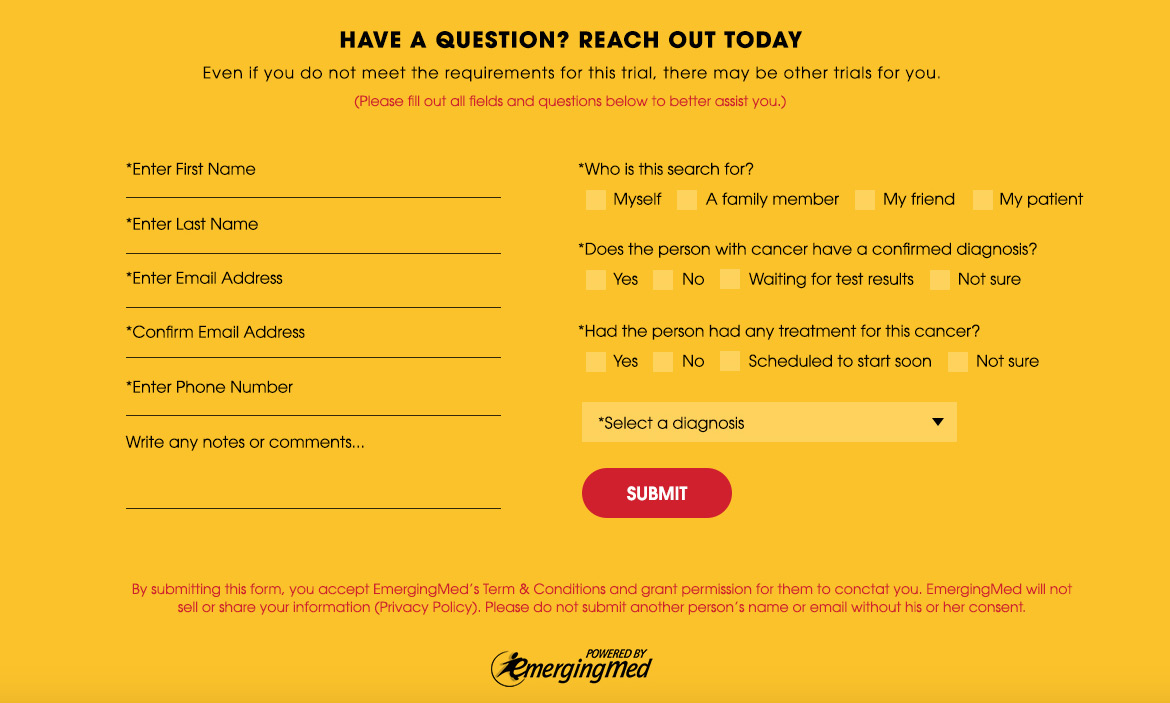Have you or a loved one been diagnosed with advanced non-small cell lung cancer (NSCLC)? Stand Up To Cancer (SU2C) is supporting a clinical trial that may benefit not only patients with NSCLC but potentially those with other cancer types as well.
Lung cancer begins when the cells of the lung become abnormal and begin to grow out of control. NSCLC develops as more cancer cells form into a tumor and spread to other areas of the body. The advent of immunotherapies offers new hope for more effective and safer strategies to treat cancer, particularly in patients with NSCLC.
What is immunotherapy?
The use of medicines to stimulate a person’s own immune system to recognize and destroy cancer cells more effectively.
What is epigenetic therapy?
The use of medicines to reprogram replicating cells to behave more like normal cells.
About 20 percent of patients with NSCLC who are treated with immunotherapies experience improvement, which demonstrates that immunotherapy can work in this disease. However, research from this clinical trial team shows that combining immunotherapy with epigenetic therapy may work even better than immunotherapy alone, and may improve the immune system’s response to cancer.
Through this clinical trial, the research team hopes to show that combining pembrolizumab (immunotherapy) with guadecitabine and mocetinostat (epigenetic therapies) will increase the number of patients who respond well to treatment. The team’s researchers believe that using this approach of cutting-edge science and clinical intervention will deliver improved treatments to patients with NSCLC.









